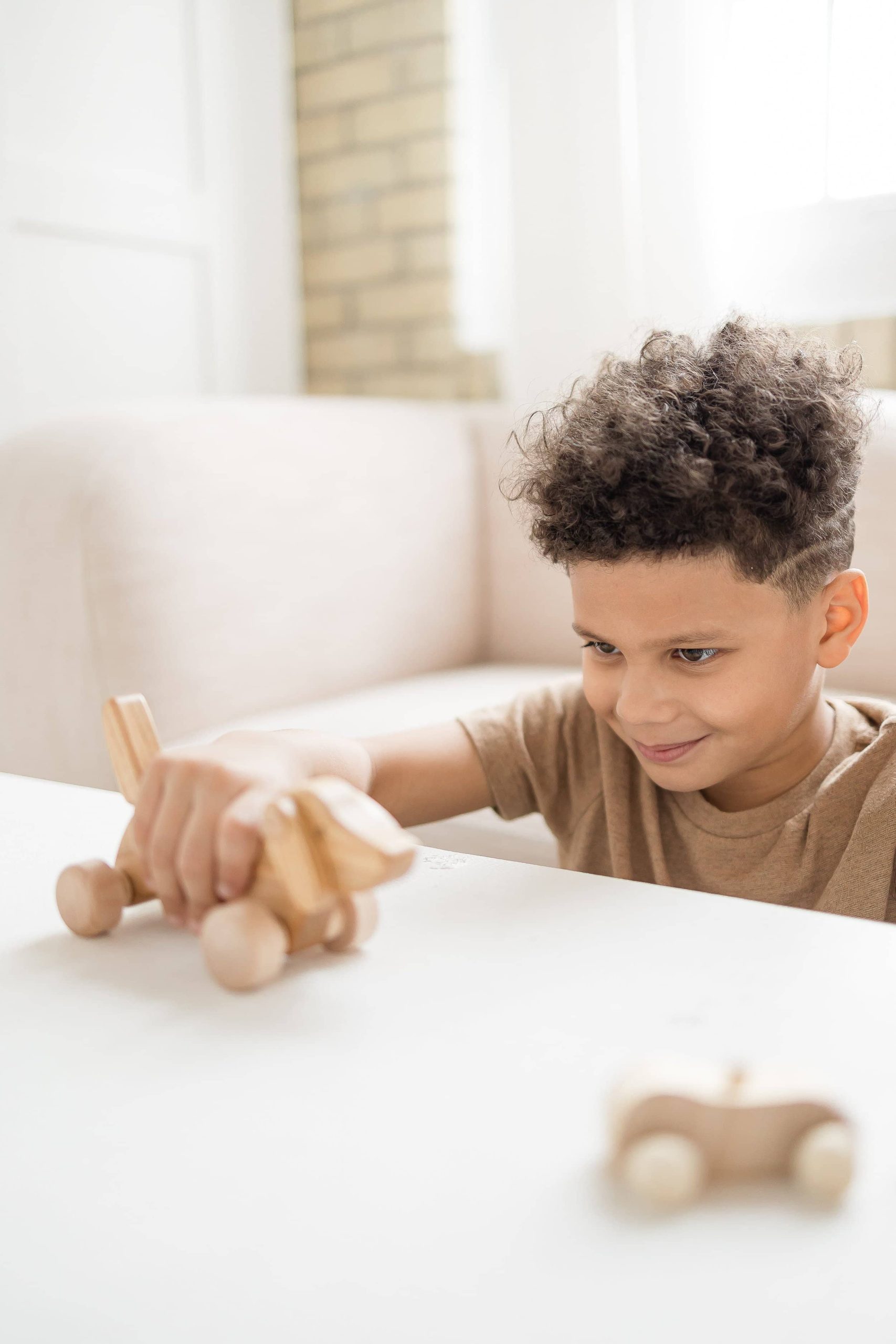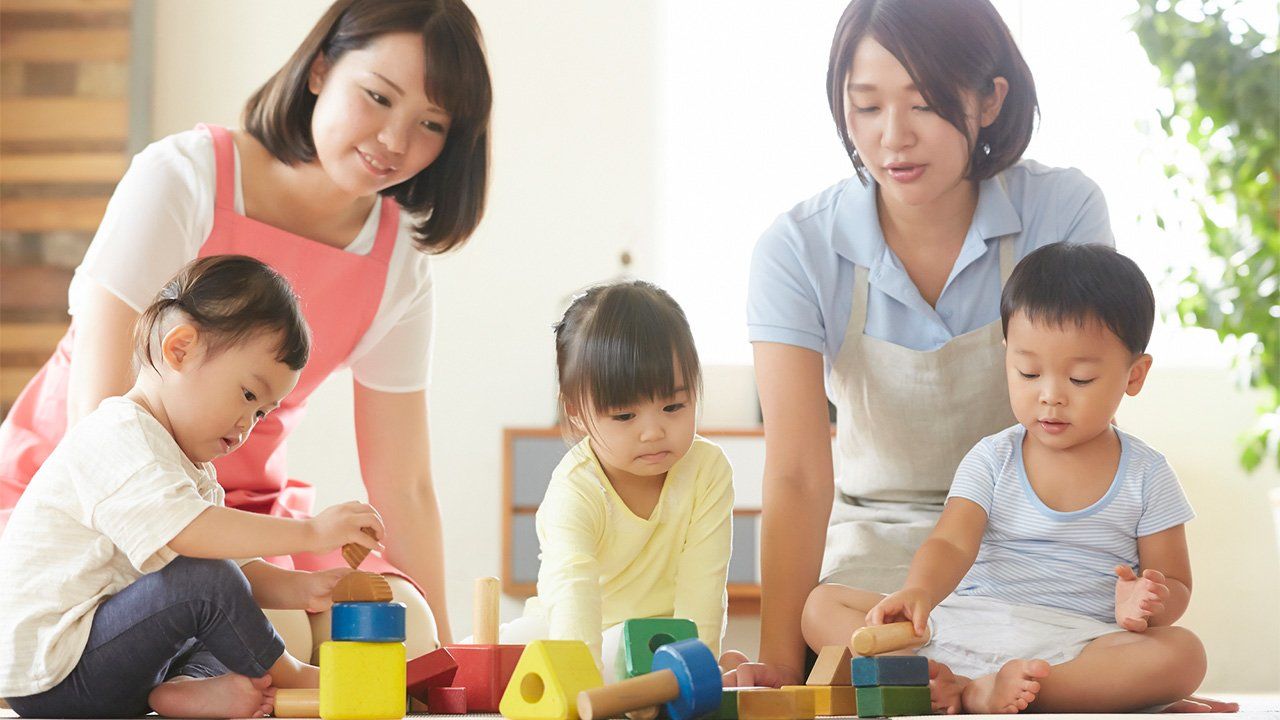Discover the most effective Baby Daycare Near Me: Safe and Nurturing Atmospheres
Comprehending the Relevance of Day Care for Your Young child's Social Growth and Learning Knowledge Through Engaging Activities
The value of daycare fit a kid's social advancement and understanding can not be overstated, as it offers a structured atmosphere full of engaging tasks that are critical for early development. These experiences not just improve social communication yet also act as a vital system for creating communication abilities, psychological policy, and durability. Recognizing exactly how these components interconnect can offer insight right into promoting independence and confidence in kids. As we discover the multifaceted benefits of daycare, one have to consider exactly how these foundational experiences affect a child's future social communications and general growth.

Benefits of Social Communication
Social communication plays an important function in the developmental trajectory of young children, working as a structure for important social abilities. Engaging with peers permits toddlers to practice interaction, discover to share their emotions, and develop empathy. Through shared play and teamwork, they begin to understand social standards, such as taking turns and sharing, which are vital components of effective social connections.
Furthermore, social interactions add to cognitive growth. As toddlers communicate with their peers, they improve their language skills, broaden their vocabulary, and improve their ability to verbalize feelings and ideas. This exchange of ideas fosters essential reasoning, as kids learn to work out, address issues, and browse conflicts.
In addition, social communication advertises emotional policy. Direct exposure to various social circumstances aids toddlers recognize and handle their emotions, ultimately leading to higher strength and flexibility. The ability to develop attachments and relationships additionally improves their feeling of belonging and self-confidence, which are important for total wellness.
Significance of Involving Activities
Engaging tasks are crucial for cultivating a revitalizing environment that boosts kids' social development. These activities not just mesmerize children's attention but additionally promote energetic involvement, allowing them to explore their environments creatively. With play-based knowing, kids create essential skills such as problem-solving, participation, and empathy, all of which are essential for developing healthy connections with peers.
Taking part in engaging tasks, such as group video games, art jobs, and interactive storytelling, encourages kids to share their sensations and concepts. This expression is essential for emotional knowledge and aids them understand the perspectives of others. Moreover, when kids take part in these tasks with each other, they find out to work out roles, share resources, and collaborate, which are essential facets of social communication.
Furthermore, a well-structured setting that consists of revitalizing and varied activities aids in keeping toddlers motivated and concentrated. This motivation cultivates a love for finding out and exploration, laying the foundation for future educational experiences. Eventually, involving activities in daycare settings are critical fit social skills, preparing toddlers for successful interactions beyond the class, and nurturing their general growth during these developmental years.
Developing Interaction Skills
Effective interaction abilities are important for young children as they navigate their early social communications. In a daycare setup, kids are exposed to varied social scenarios that urge non-verbal and spoken interaction. Involving in conversations with caregivers and peers promotes language growth, enabling young children to express their feelings, thoughts, and demands better.

Moreover, childcare settings give possibilities for young children to observe and imitate interaction styles of their adults and peers. This empirical understanding is crucial as children detect social cues, tone, and body language, which are essential parts of reliable interaction.
Cultivating Independence and Confidence
As young children improve website link their communication abilities, they concurrently begin to discover their freedom and develop self-confidence in social setups (daycare near me for infants). Daycare provides a structured setting where children can participate in various activities that encourage freedom. From picking their own activities to getting involved in group jobs, these experiences equip young children to make decisions and reveal themselves
In a daycare setup, kids are typically provided with opportunities to solve troubles separately, whether it's identifying exactly how to share playthings or fixing problems with peers. This fosters essential reasoning and promotes self-reliance. Furthermore, caretakers support this development by offering positive support and advice, helping youngsters to browse social interactions with self-confidence.

Group tasks, such as participating video games or collective art tasks, promote teamwork and teach young children the value of interacting. With these communications, youngsters discover to connect their sensations and thoughts, additionally boosting their self-worth and social abilities.
Inevitably, cultivating self-reliance and self-confidence in day care not only prepares kids for future social environments however additionally prepares for a resistant state of mind, equipping them with necessary life abilities as they proceed to grow and learn.
Building Lifelong Knowing Structures
A strong structure for lifelong learning is crucial for young children, as their very early experiences shape their perspectives in the direction of education and learning and interest. Childcare settings play a crucial role in this developing stage by offering structured chances for exploration and involvement. Engaging activities, such as team play, arts and crafts, and interactive storytelling, stimulate cognitive advancement while urging social communication.
With these experiences, young children learn necessary abilities such as problem-solving, communication, and teamwork. They are introduced to the principle of discovering as an enjoyable, collective procedure rather than a job, which fosters a positive perspective in the direction of education and find here learning. Exposure to varied perspectives and peer interactions in childcare setups improves emotional intelligence, promoting empathy and durability.
Caregivers and educators also add substantially to constructing this structure by modeling curiosity and excitement for learning. By urging inquiries and helping with discussions, they develop a setting where youngsters feel safe to express themselves and discover originalities. Eventually, the combination of encouraging relationships and interesting activities in daycare setups prepares for a lifelong love of understanding, gearing up kids with the abilities and way of thinking required for future scholastic and individual success.
Conclusion

The value of daycare in forming a toddler's social growth and discovering can not be overemphasized, as it provides a structured environment filled up with engaging activities that are pivotal for early development.Social communication plays a crucial duty in the developing trajectory of kids, serving as a structure for vital social abilities. When kids engage in these activities together, they discover to negotiate functions, share resources, and work together, which are basic aspects of social interaction.
Ultimately, involving tasks in daycare setups are crucial in shaping social abilities, preparing kids for effective interactions beyond the classroom, and nurturing their overall growth during these developmental years.
Inevitably, the advantages of interesting tasks in childcare setups play a considerable function in preparing young children for check my reference future social interactions and challenges. toddler daycare near me.